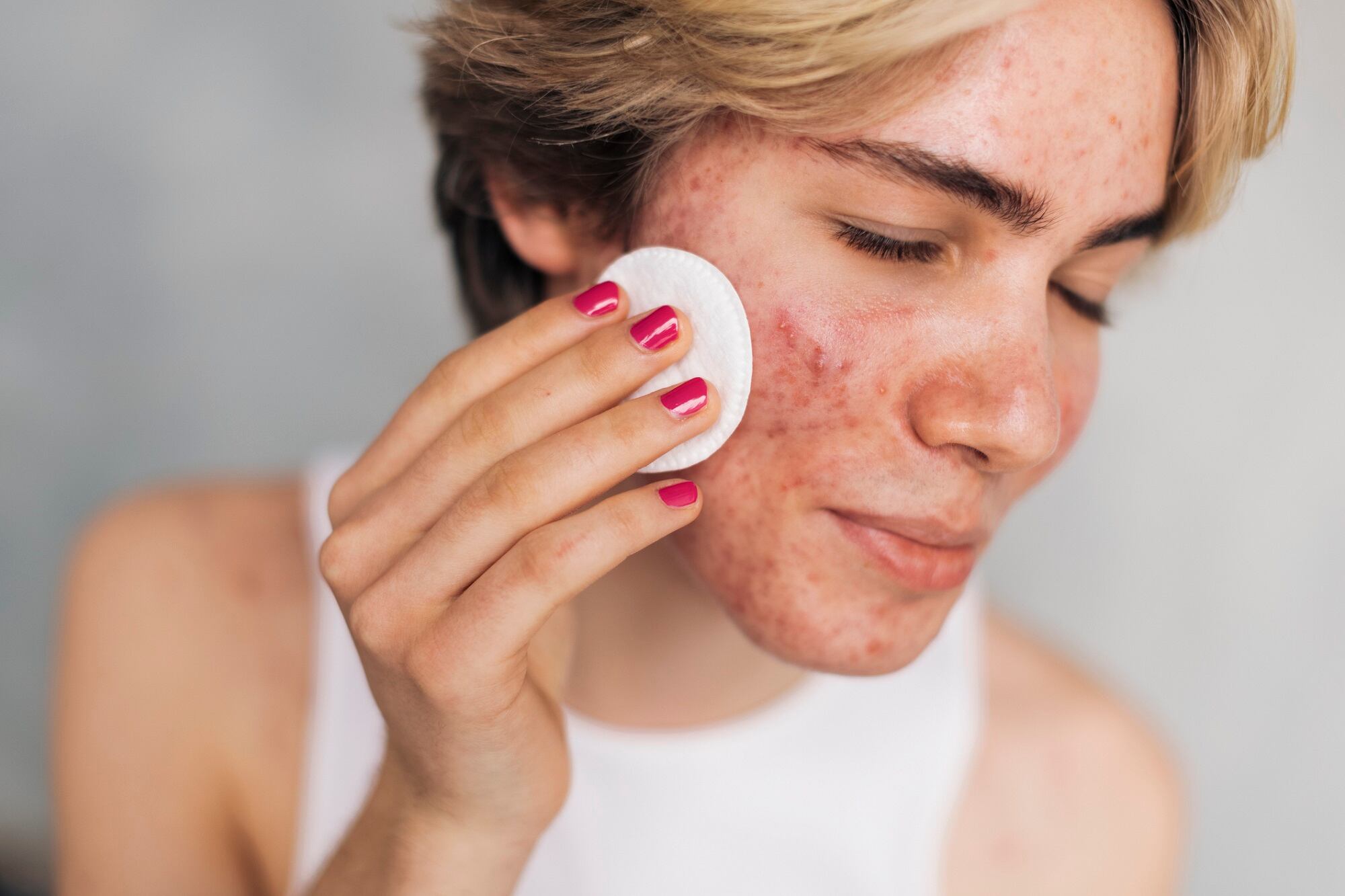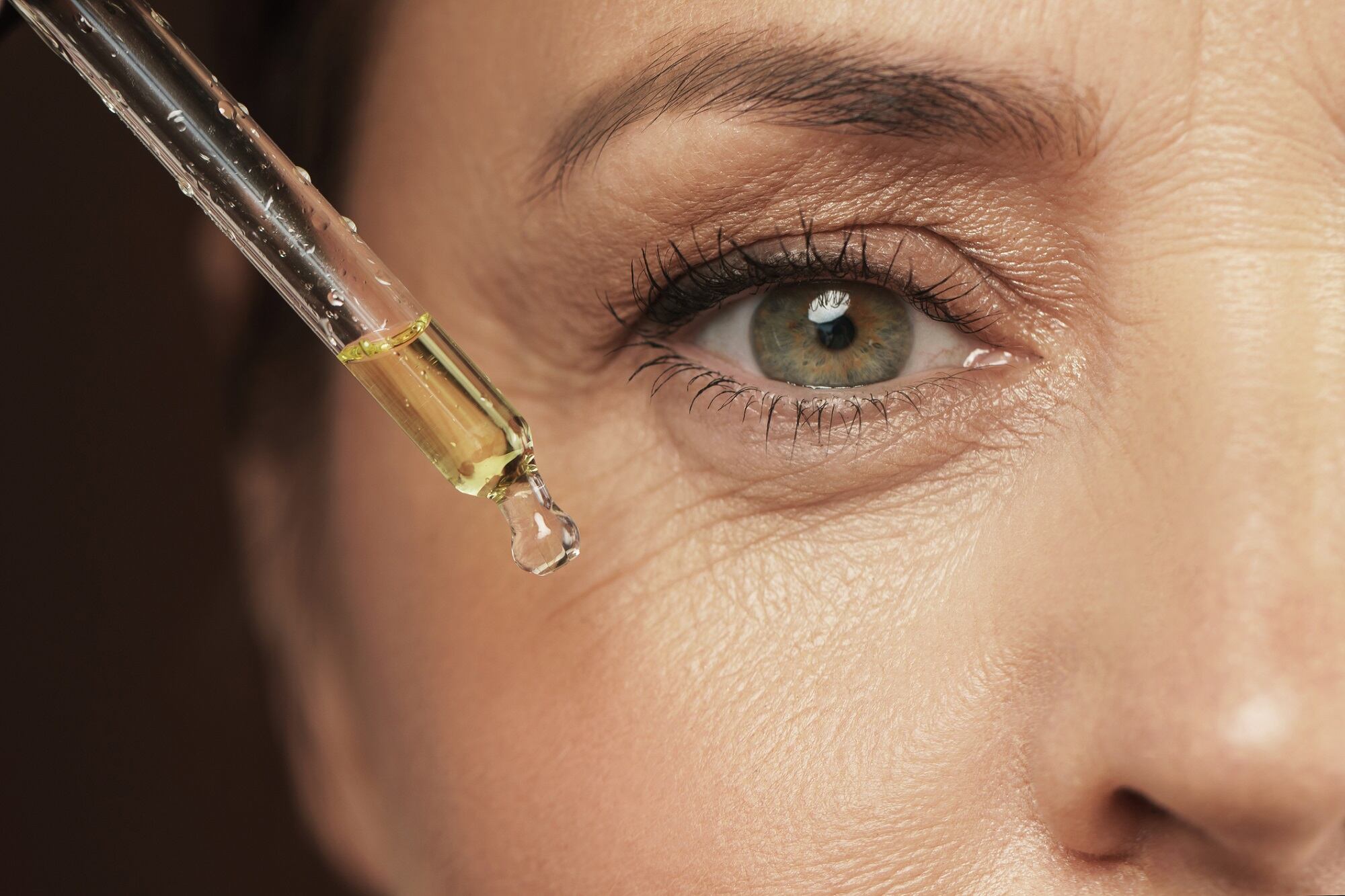New York-based cosmetic and personal care product ingredient manufacturer Biocogent is leveraging its biotech roots with its targeted skincare approach. DermaPhage products, which "are infused with a unique combination of at least three bacteriophages (or simply phages) that are uniquely targeted to a specific bacterial member of the skin microbiome…offer specificity when seeking to modulate the levels of a particular constituent bacterium of the normal microbiota of the skin, which can ameliorate a variety of different skin conditions" like acne, as detailed on the company's website.
To learn more about topical phage therapy for cosmetic applications, including the development behind DermaPhage and the potential for further innovation using bacteriophages in skin care, CosmeticsDesign interviewed Dr. Paul Lawrence, Executive Director of Research and Discovery at Biocogent, for his insights.
CDU: What is the potential impact of the phage technological development and launch on manufacturers and suppliers in the cosmetics and personal beauty care product industries?
Dr. Paul Lawrence (PL): In the era of expanding antimicrobial resistance, the anti-bacterial bacteriophage platform has the potential to be transformative in many ways. This technology provides an alternative to prescribing topical antibiotics to counter multiple bacteria-driven skin conditions that do not have a collateral negative impact on the beneficial members of the microbiota.
Furthermore, as our understanding continues to grow of the importance of the skin microbiome concerning skin health, so too will the desire to leverage that knowledge to develop and commercialize more "microbiome modulatory" cosmetic care products in the hopes of ameliorating many skin conditions that have a bacterial culprit. The beauty of bacteriophages is their species specificity – they only target a single bacterial species (sometimes even a single strain of a particular species).
Therefore, this platform allows for "precision modulation" of the skin microbiota without any undesirable collateral damage. The surrounding bacteria and other microbes are unaffected by this bio-active material, while it diminishes the intended target.
CDU: Can you share some background information about the conception, development, and formulation processes behind the phage technology launch?
PL: Every bacteriophage project begins with a target bacterial species that has been shown to be responsible for a particular skin condition. Once that has been established, a "phage hunt" is initiated, screening several different environmental samples for a minimum of 3 different natural bacteriophages uniquely targeted to your bacteria of interest.
Having three distinct bacteriophages helps to prevent the target bacteria from becoming resistant to their anti-bacterial lytic cycle – the possibility of resistance being developed is substantially reduced by this approach. The bacteriophages are then characterized structurally, genetically, and physiologically in the laboratory.
This is followed by safety evaluations in cell culture and on skin tissue. A key facet of the project research is to evaluate how the bacteriophage cocktail impacts a skin tissue model infused with the target bacteria – is there any ill effect? Do the bacteriophages effectively reduce the population size of the target? Does the diminished level of the bacteria have a beneficial impact on the skin tissue?
Once efficacy and safety have been established, a key subsequent endeavor is to assess the stability of the bacteriophages in a carrier solution as well as in the presence of common finished formulation components. These are all considerations in phage technology's conception, development, and formulation.
CDU: Were there any development challenges that needed to be overcome to launch? If so, what were those challenges, and what solutions were implemented?
PL: Like any new technology representing a paradigm shift for the industry, one would expect certain hurdles. One such challenge for commercializing the bacteriophage platform is the requirement of refrigeration.
Bacteriophage preparations have notorious thermal stability issues, so most manufacturers promote refrigeration of the products. This issue has been addressed through marketing campaigns demonstrating that the requirement of cold storage suggests to consumers that there really is something in the formulations.
Also, from a technical standpoint, there has been a continuing effort to utilize lyophilization of the bacteriophages as an alternative approach.
CDU: Are there any plans for further innovation in this space?
PL: As bacteriophages are the most expansive part of the biosphere of Planet Earth, they represent a boundless resource for scientists trying to modify the bacterial component of the human microbiome in a precise manner. So, there are future plans to investigate bacteriophages that can counter other problematic skin bacteria.
CDU: Can you explain the difference between the terms "microbiome-specific" and "microbiome-friendly" and the importance of distinguishing these terms when applied to phage technology?
PL: As mentioned before, the attractiveness of bacteriophages as a "microbiome modulatory platform" stems from their marvelous species-specificity (indeed, many times, they are strain-specific). As such, this platform qualifies as what we describe as "microbiome selective" (or what others may call "microbiome-specific") – selectively diminishing a single population of bacterial members of the microbiome without negatively impacting the surrounding "neighbors."
Others have used the more nebulous term "microbiome friendly," which is more difficult to define, and there are different opinions about what that constitutes. Again, this is why Biocogent scientists have decided to embrace the term "microbiome selective," as it accurately reflects the activity of the bacteriophages and can be backed up by scientific data.
CDU: Anything else to add?
PL: I think it is interesting when bacteriophages are considered from different perspectives. For one, they have been the natural predator of bacteria on Earth for approximately 3 billion years. Their anti-bacterial utility was discovered and implemented decades before the advent of antibiotic drugs.
In modern times, with a looming public health crisis of antimicrobial resistance, bacteriophages represent the most viable alternative to avert diseases from resistant bacterial species. So, as cosmetic care scientists explore this platform for promoting skin health, it is one thread in a much larger tapestry.





